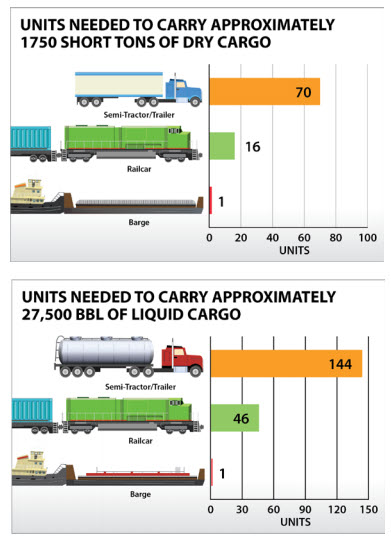Haven't researched the feasibility of this idea but any reason why moving freight using river barges over the Jubba river would be a bad idea?
It could:
1. Drastically lower shipping costs
2. Provide a tons of jobs in barge manufacturing
3. Open up tens of thousands of hectares of arable farm land.

The river doesn't even need to be that deep. Plenty of barge designs that just need a feet of clearance.
The river goes through some of our most valuable land in Somalia and could make the policing of AS heartland a lot more viable.
Could also see this as a way to link us to the riches of the Galbeed & Oromo farms.

Don't think wild life and security would be much of an issue.
More concerned whether the place is passable and the clearance height of the Baardheere bridge.
I'm sure there must be other obstacles since we've been building boats for centuries but can't seem to find much literature or stories of using our rivers to move goods.
It could:
1. Drastically lower shipping costs
2. Provide a tons of jobs in barge manufacturing
3. Open up tens of thousands of hectares of arable farm land.
The river doesn't even need to be that deep. Plenty of barge designs that just need a feet of clearance.
The river goes through some of our most valuable land in Somalia and could make the policing of AS heartland a lot more viable.
Could also see this as a way to link us to the riches of the Galbeed & Oromo farms.

Don't think wild life and security would be much of an issue.
More concerned whether the place is passable and the clearance height of the Baardheere bridge.
I'm sure there must be other obstacles since we've been building boats for centuries but can't seem to find much literature or stories of using our rivers to move goods.



